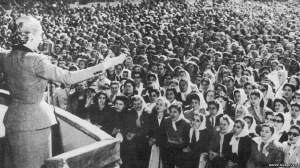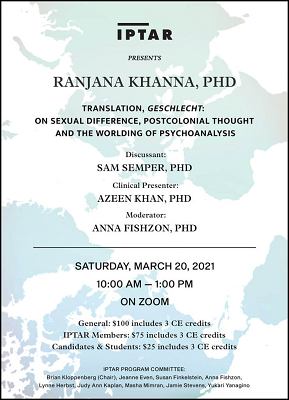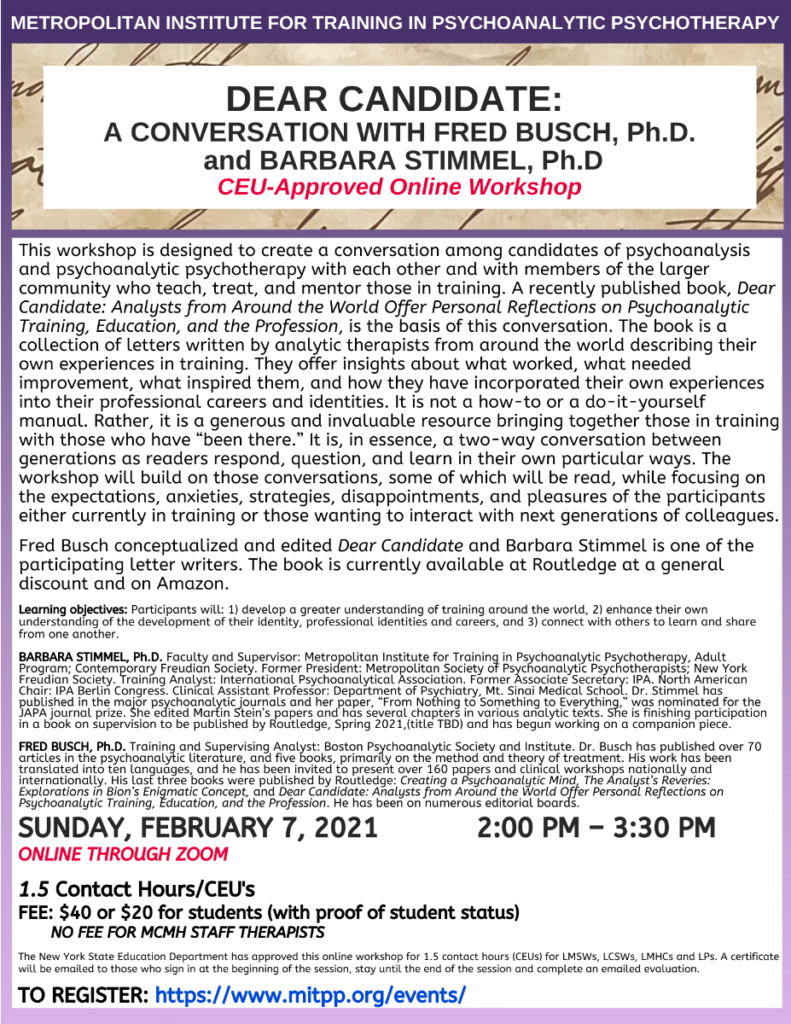
Kazimir Malevich, Female Torso, 1928-9
SEMINAR: On Voluntary Servitude Paola Mieli Saturday, February 27th, 2021 10:00 AM – 12:00 PM (EST)
In times like these, as new forms of totalitarianism are taking over everywhere, it’s necessary to reflect on humans’ inherent propensity to take joy in their own servitude. Returning to Freud’s and Lacan’s articulations of the subject of language and the social link, and that subject’s passion for ignorance, the seminar will explore the nature of the drive, masochism, and the ways the superego dictates the law one abides by. Psychoanalytic ethics can open a breach out of subjective servitude.
Suggested readings for Febrary 27: Etienne de la Boétie (1530-1563), The Discourse of Voluntary Servitude; S. Freud, On Narcissism: An Introduction (1914); S. Freud, Group Psychology and Analysis of the Ego (1921); S. Freud, “The Libido Theory” in Two Encyclopaedia Articles (1922). Continue reading On Voluntary Servitude with Paola Mieli online with Après-Coup




 Pablo Picasso, Femme couchée lisant (Reclining Woman Reading), 1960
Pablo Picasso, Femme couchée lisant (Reclining Woman Reading), 1960